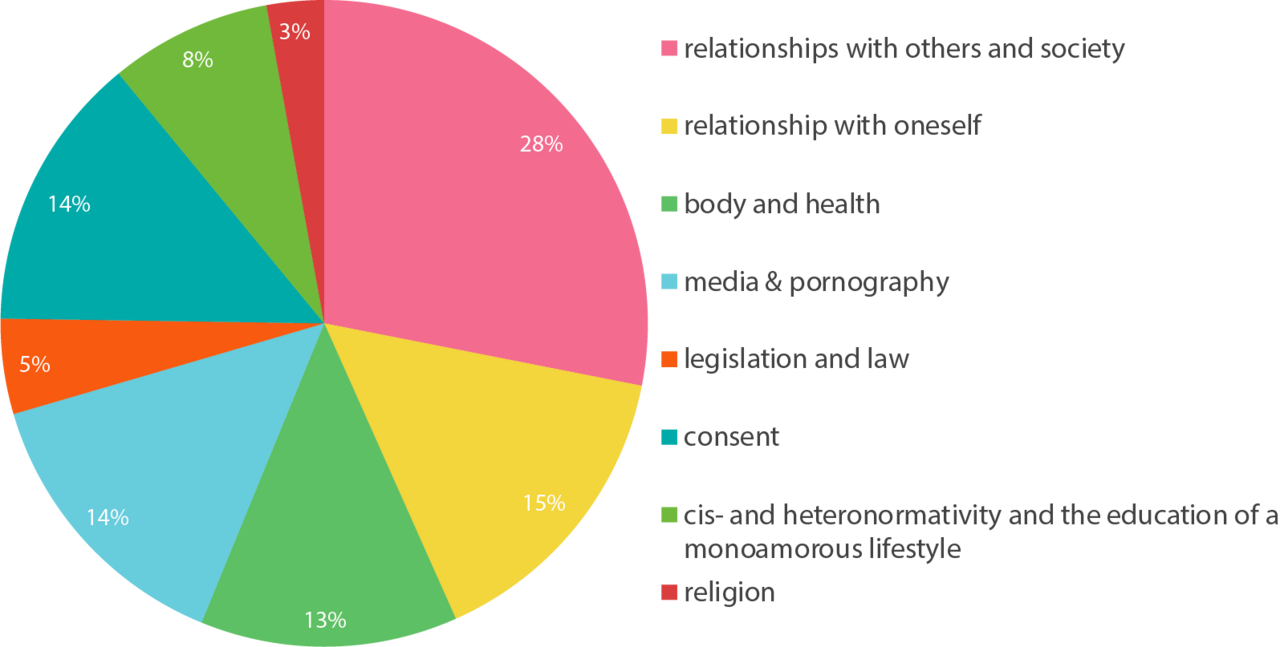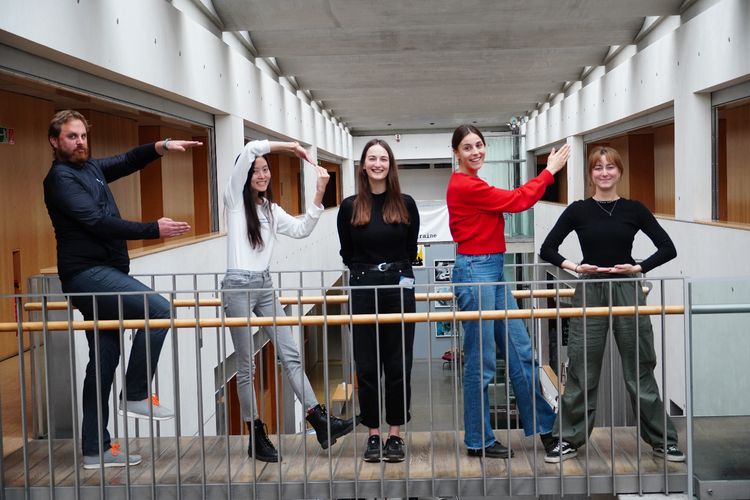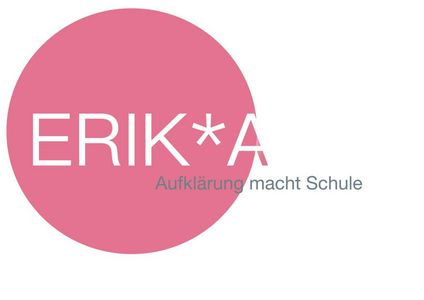Why ERIK*A?
Sex education can lead to a healthy and respectful understanding of sexuality and thus make an important contribution to individual and societal development:

Health Education: SexEd can help promote awareness of sexual health, the prevention of sexually transmitted diseases, and the importance of contraceptives.

Prevention of Abuse and Violence: SexEd can help raise awareness of sexual abuse and violence and teach strategies for prevention.

Promotion of Equality: SexEd can help to promote awareness of gender equality and break stereotypes.

Acceptance of Diversity: SexEd can help promote awareness of the diversity of sexual orientations and gender identities and break down prejudices.
However, sex education in Bavarian schools rarely meets these requirements. Based on our previous research, there seems to be a crucial discrepancy between the given curriculum and the actual teaching. Due to a lack of research on this discrepency, ERIK*A attempts to give a status report of current sex education at Bavarian schools and to find out how holistic sex education should actually be designed to meet the demands of experts, teachers and students.
We therefore investigate the following research question:
" What requirements and hurdles need to be considered when transferring theory into practice in sex education at Bavarian schools?"
Analysis of Bavarian curriculum
The current Bavarian curriculum on sex education comprises eight fundamental categories.

Expert interviews
Throughout the semi-structured interviews, experts have shared their opinions on the obstacles that impede the comprehensiveness of sex education.
-
Teachers struggle with insecurities.
-
SexEd is often outsourced to experts (counselling institutions, freelancers).
-
Parents can be a hurdle.
-
SexEd is not an essential part of teacher training.
-
Topics missing in the curriculum: friendship, pleasure, diversity, autonomy, ...
Who are we?

Team Members
- Tina Schiele (Psychology/Educational Sciences)
- Johanna Lebmeier (Health Science)
- Rui Yee Loke (Physics of Synthetic Biological Systems)
- Sophie Ebert (Conservation and Landscape Planning)
- Daniel Gögelein (Responsibility in Engineering, Science and Technology)
Tutors
- Monica Dechene
- Nico Michel
Contact for further information: erik.a@ja.tum.de
